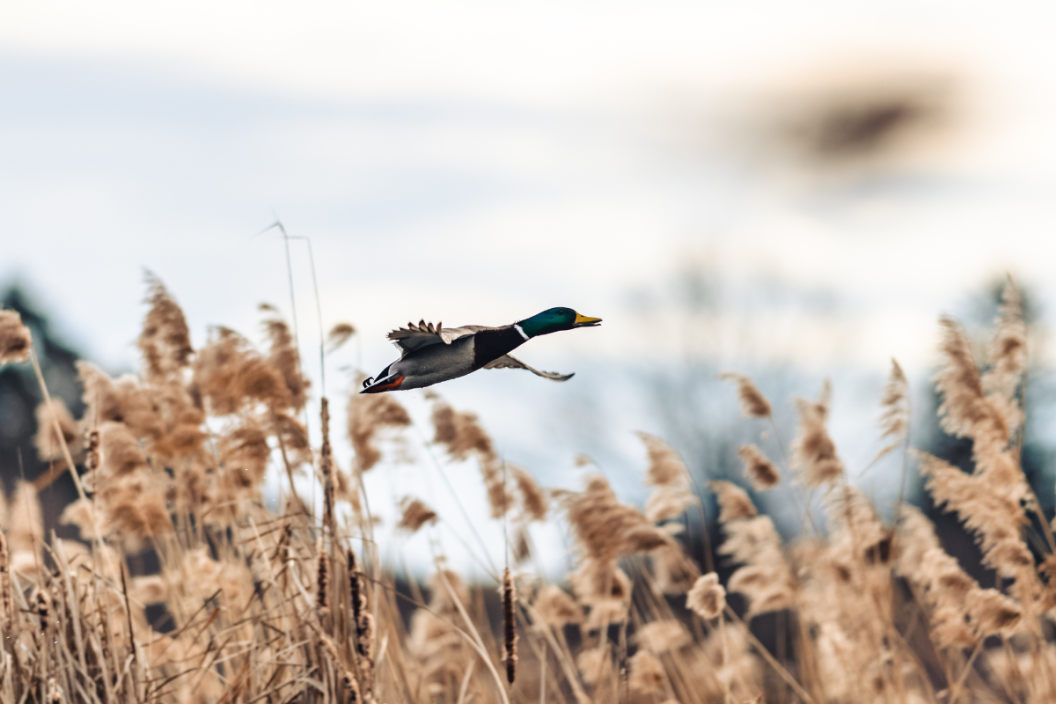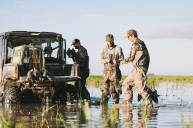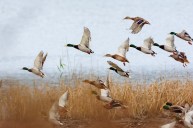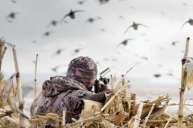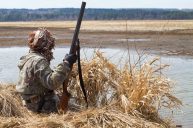When it comes to duck hunting and duck hunters, there are a lot of choices out there. Everyone who loaded up with steel shot and climbed into a blind well before dawn has learned to do it their way, based on who taught them to hunt. From Mississippi to Arkansas to New York, there's a lot to being a successful duck hunter. There's a lot that can vary from hunter to hunter. But there are also universal duck hunting golden rules to keep in mind.
People may disagree about what methods work best, like what decoy spread to use (a classic argument starter). Even a waterfowl hunting guide can let some things slip. Still, there are some things you should never do while duck hunting. For instance, firearm safety and waterfowl identification shouldn't be screwed up. Many duck and geese hunters across the nation disagree about what constitutes terrible form and even poor sportsmanship regarding duck season.
I've learned lessons from a lifetime of waterfowl hunting. The men in my life taught them to me, and they became the foundation of how I hunt and why I follow the rules. Here are a few things you shouldn't forget while out in the blind.
Don't Shoot Over or Across a Partner
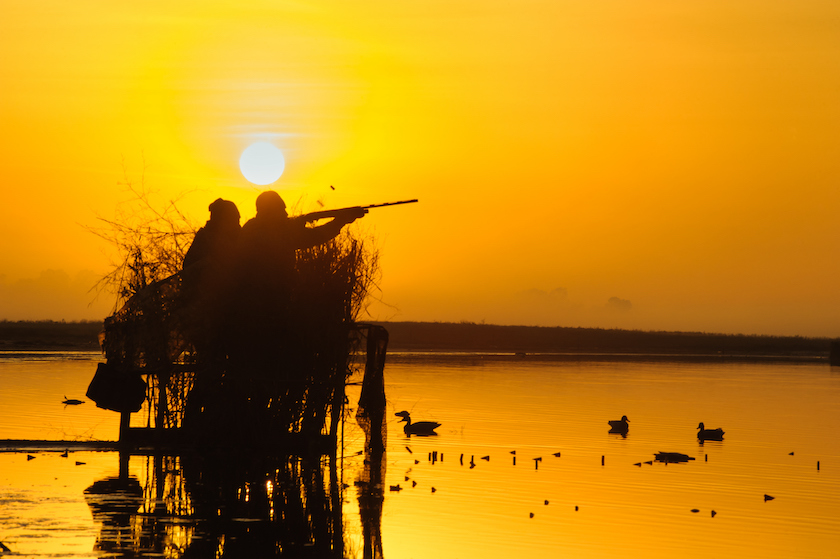
Eric_Schroeder via Getty Images
It's a basic rule of firearm safety and may seem obvious, but when the birds have their wings cupped as they work over the decoys, it can be easy to get caught up. Whether hunting from a pit blind or layout blinds, wild ducks have a way of swinging in and out of your shooting area. That can give a hunter tunnel vision and cause him to forget his boundaries.
Remember To Take Turns
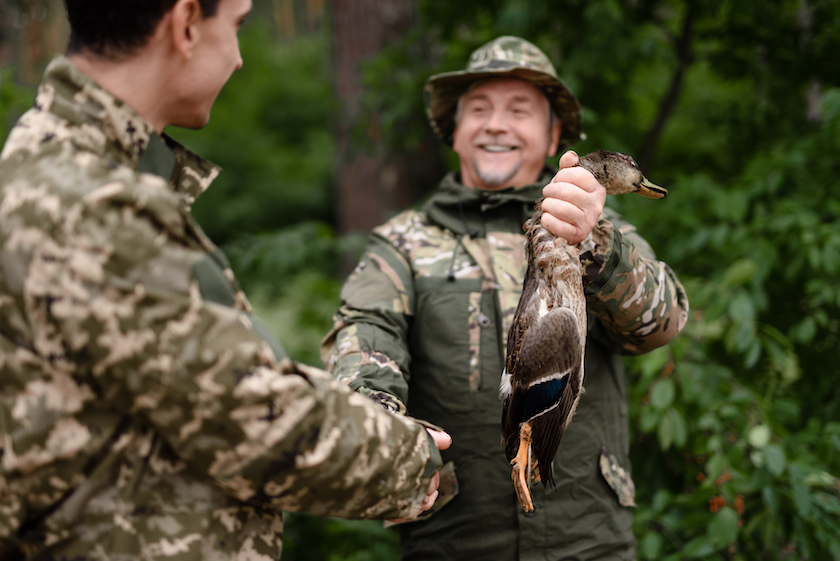
T Turovska via Getty Images
Even with just two men in the blind, we often discuss this possibility among my hunting friends to help avoid confusion. This proposition is often the focus when group hunting with three or more people. When everyone jumps at every chance to shoot, how do you know who shot which bird? We all want to see that it was us who dropped the duck or goose lying there, and it also helps to know whether or not we missed and why.
Don't Go Skybusting

saz1977 via Getty Images
Skybusting is when a hunter shoots at birds well out of range, discouraging other birds from flying low and ruining the hunt for everyone. This term doesn't always mean shooting straight up, mind you. When you're hunting large bodies of water, ducks look closer to the decoys than they are. That often causes hunters to take overly long shots. There isn't much argument over the duck hunting fraternity's mistaken use of a federal Duck Stamp. Still, we've all been there when someone has done it right next to us.
Don't Challenge the Weather
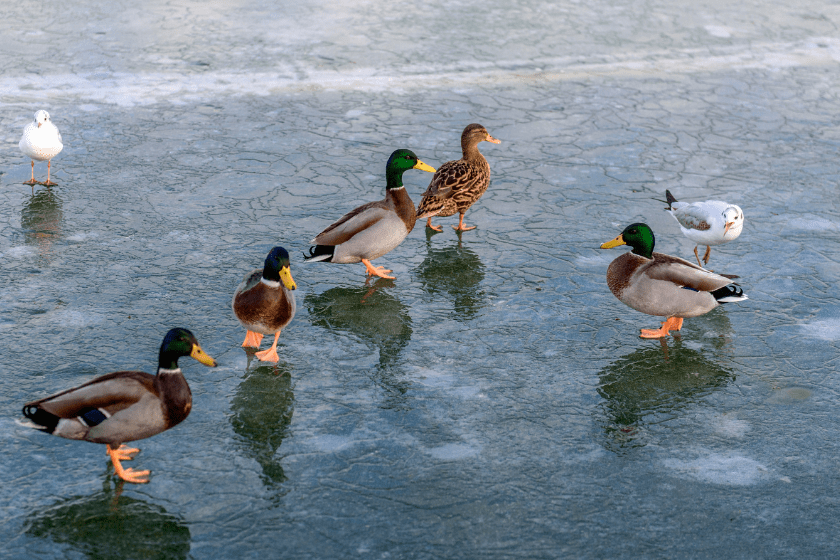
Luca Ladi Bucciolini via Getty Images
Weather conditions can play a big part in a duck hunter's safety. Whether it is a nasty wind or ice that waterfowl hunters must cross, they need to recognize the danger and identify when it is unsafe to be on the water.
Don't Overfill the Duck Blind
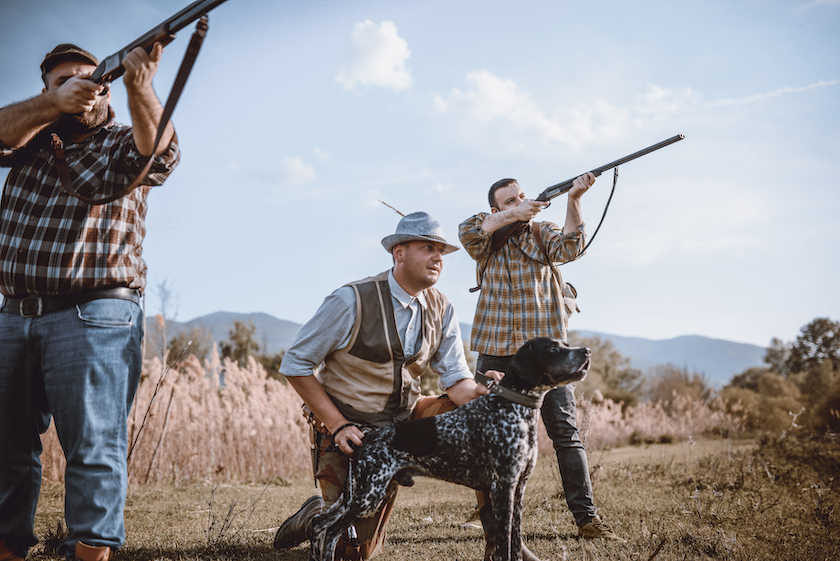
AleksandarGeorgiev
We see this one often, especially in photos posted to social media. Where we consistently see videos of eight or more people hunting and even shooting at the same time. The danger is too many folks shoot at once, which is plain wrong and takes us back to reason number two: don't you want to know that you hit something, or is it enough for you to take somebody else's kill home?
Flock Shooting Isn't Cool
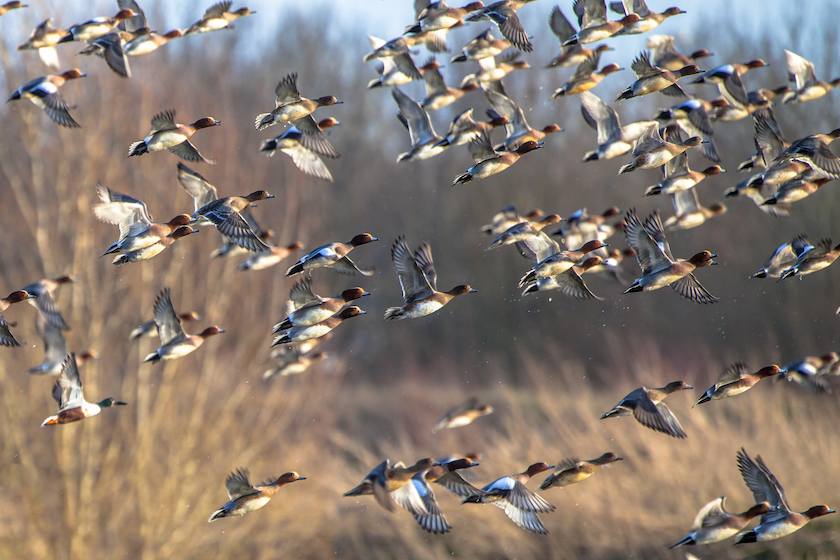
CreativeNature_nl via Getty Images
With today's ammunition, shot loads are as powerful as ever. Still, the fact remains that the federal government banned the punt guns of yore for a reason. You're not going to strike down an entire flock of birds in one pass, and why would you want to? So when too many men (or women) shoot too many shots at one big flock, there will be birds that get wounded—mortally or not—and will fly away hurt to die a not-so-quick death.
You're not going to harvest those birds, and you know it. So I was taught not to overfill the blind and why we take turns shooting.
Don't Shoot Birds on the Water

Sergei Chuyko via Getty Images
They call it wing shooting for a reason. This rule may create the most potent argument. Still, mentors taught me never to shoot at a sitting bird unless it was already wounded. There are those out there that consider a swimming bird fair game, and so be it, but they coined the phrase "sitting duck" for a reason. Many in the Midwest shoot at grouse walking or sitting in trees because that's how people hunt them in that region, but a duck or goose waddling through a cut cornfield? Most would throw the shell at them instead.
From the Atlantic Flyway to the Pacific, whether you are using a duck call or a goose call, it always matters how you carry yourself in the blind or the boat. Waterfowl habitat and possession limit aside, everyone who hunts these birds in North America has their methods. Still, hunting is more important than the sum of its parts.
Respecting in the woods or on the water has its rewards. But following your heart is crucial.
Are you looking for a little more? Follow my webpage or on Facebook and Twitter.
This article was originally published on December 17, 2020.
